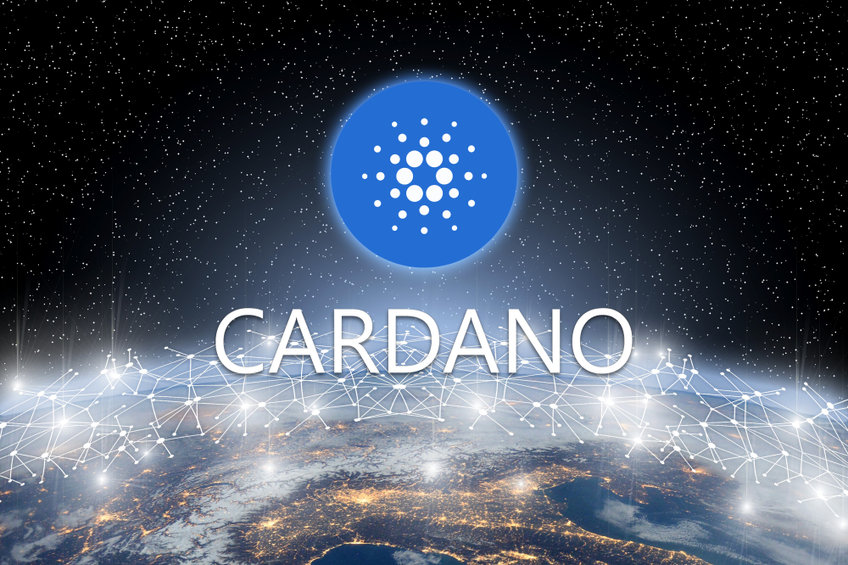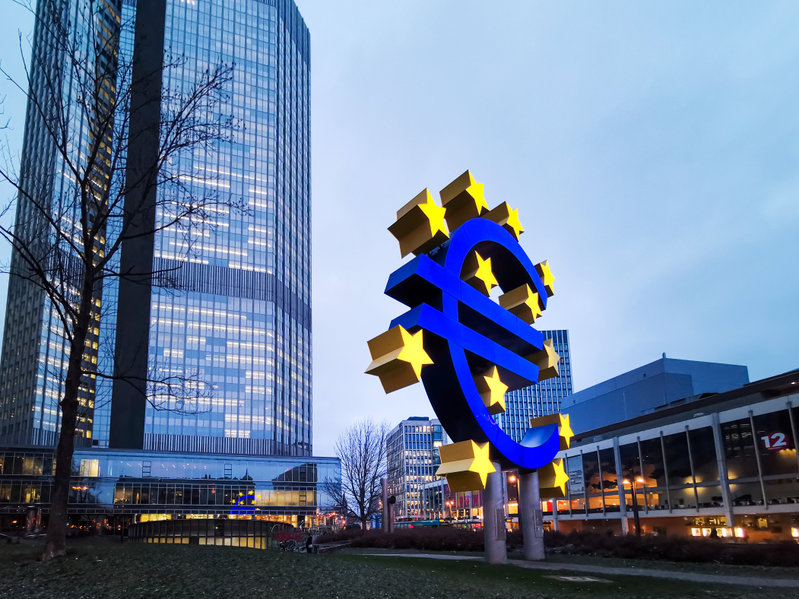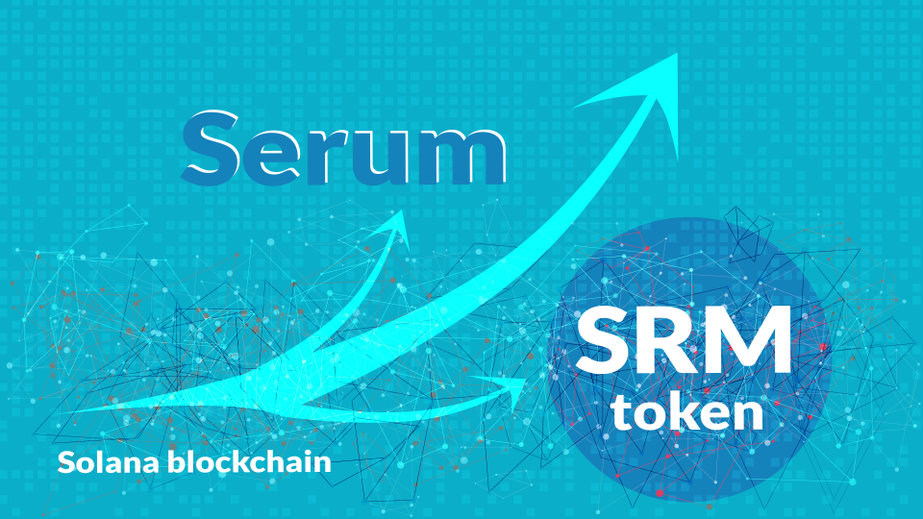
When Solana (SOL) was launched, it was seen as the most serious alternative for Ethereum. Ever since the blockchain has seen massive growth and continues to attract a host of top projects as well. But why is Solana highly rated by developers around the world? Here are the main reasons:
-
The chain offers high scalability for DAPPs.
-
The overall gas fees are way lower compared to other blockchains.
-
Solana also runs various incentives designed to bring in as many developers as possible.
For investors looking for promising projects built on the Solana blockchain, we have a list of three here below that you can check out:
Serum (SRM)
Serum (SRM) is the main DEX for the Solana network. It is designed to reflect all the attributes of the blockchain, including better speeds, security, and low fees. Serum is however more than just an exchange.
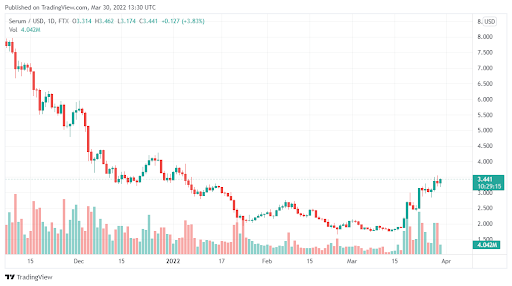 Data Source: Tradingview
Data Source: Tradingview
It’s an integrated DeFi protocol as well that allows it to offer additional services like staking and others. So far, the Serum DEX has a market cap of around $453 million. There is more room for Serum to surge in the long term.
Star Atlas (ATLAS)
Play-to-earn is seen as one of the most promising subsectors of the blockchain industry. We have seen these games go on to report massive gains in 2021, and this trend is likely to continue.
Solana has also attracted its fair share of Play-to-earn, and Star Atlas (ATLAS) is one of the most notable ones. The game is developed by the Unreal engine and is set in an immersive virtual universe.
Raydium (RAY)
Raydium (RAY) is a liquidity provider that works using an automated market maker protocol. The goal for Raydium is to provide liquidity for the Serum DEX, but there are plans to expand it further. RAY is currently on a market cap of $350 million.
The post The best crypto projects on Solana that have immense potential appeared first on Coin Journal.

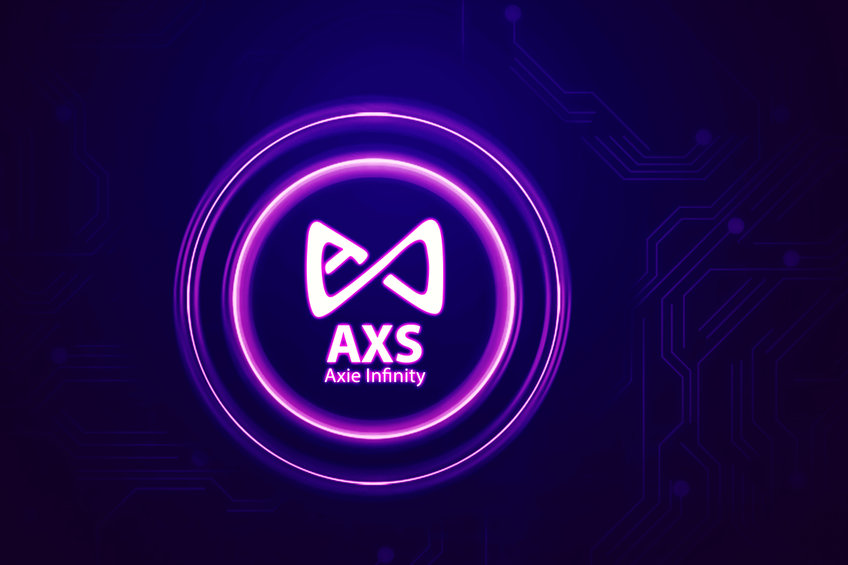
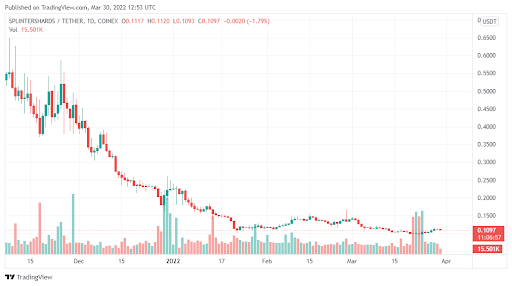 Data Source: Tradingview
Data Source: Tradingview 